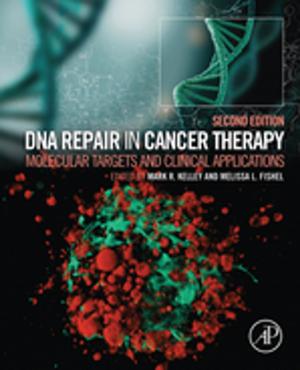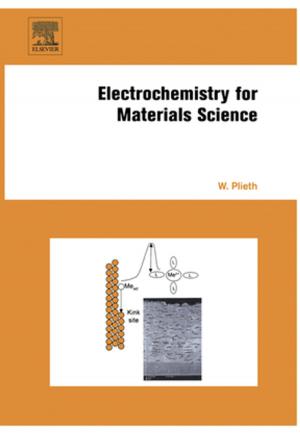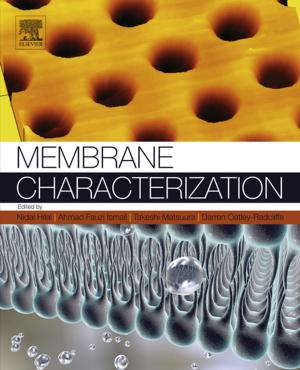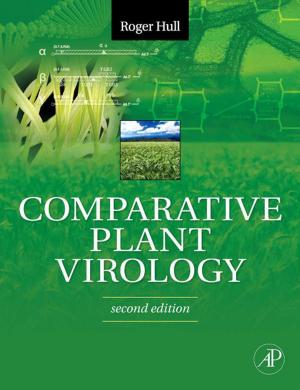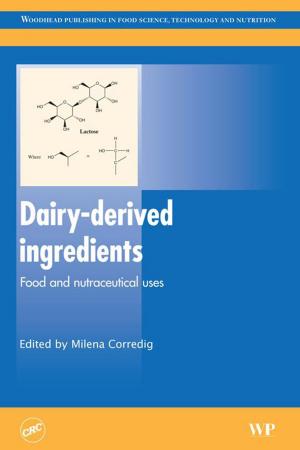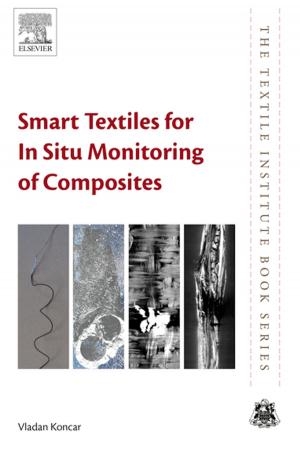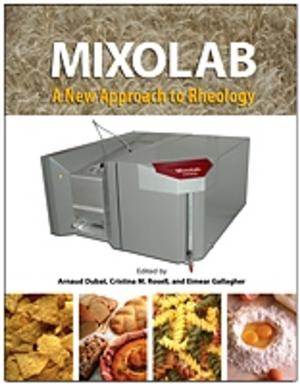Immunological Tolerance
A Reassessment of Mechanisms of the Immune Response
Nonfiction, Health & Well Being, Medical, Medical Science, Immunology| Author: | ISBN: | 9781483270654 | |
| Publisher: | Elsevier Science | Publication: | June 28, 2014 |
| Imprint: | Academic Press | Language: | English |
| Author: | |
| ISBN: | 9781483270654 |
| Publisher: | Elsevier Science |
| Publication: | June 28, 2014 |
| Imprint: | Academic Press |
| Language: | English |
Immunological Tolerance: A Reassessment of Mechanisms of the Immune Response presents the basic biological phenomena of immunological tolerance. This book discusses immunology as a critical field for the analysis of molecular features of mammalian cell genetics, biosynthesis, differentiation, and interactions among cell types.
Organized into six chapters, this book begins with an overview of the relationship between antigen structure and its ability to induce tolerance. This text then examines the essentiality of antigen for the proliferation of activated antibody-forming clones and discusses the role of antibody in homeostasis and suppression. Other chapters consider the restoration and transfer of immunological responsiveness by thoracic duct lymphocytes. This book discusses as well the distribution of antigen in tissues and cells. The final chapter deals with the origin of carrier antibody and the significance of maternal transfer of antibodies and antigens.
This book is a valuable resource for immunologists, microbiologists, scientists, and clinicians.
Immunological Tolerance: A Reassessment of Mechanisms of the Immune Response presents the basic biological phenomena of immunological tolerance. This book discusses immunology as a critical field for the analysis of molecular features of mammalian cell genetics, biosynthesis, differentiation, and interactions among cell types.
Organized into six chapters, this book begins with an overview of the relationship between antigen structure and its ability to induce tolerance. This text then examines the essentiality of antigen for the proliferation of activated antibody-forming clones and discusses the role of antibody in homeostasis and suppression. Other chapters consider the restoration and transfer of immunological responsiveness by thoracic duct lymphocytes. This book discusses as well the distribution of antigen in tissues and cells. The final chapter deals with the origin of carrier antibody and the significance of maternal transfer of antibodies and antigens.
This book is a valuable resource for immunologists, microbiologists, scientists, and clinicians.

